It probably seems a little weird that a DIETitian would be talking about something called a non-diet approach.
So, before we get into it, let’s clarify which definition of the word DIET I am talking about here.
I’m talking about the ‘diet’ that refers to the ways people change what and how they eat (and how they move their body) as a means to manipulate their weight and shape. And that could be purely for aesthetic reasons, or for ‘health’ reasons.
Read more: Diet versus Diet
Oh, and I put health in inverted commas there, because most people going on a diet for ‘health reasons’ tend to do it in the hopes that it will result in weight loss (because the common belief is that weight = health).
Where did the Non-Diet Approach come from?
This approach has evolved out of the work of many different people, including dietitians, psychologists, doctors, academics, counsellors, the general public, exercise physiologists etc., and is aligned with Acceptance and Commitment Therapy (ACT) and Mindfulness Based Stress Reduction (MBSR).
All that is to say there’s no official definition that explains the Non-Diet Approach.
So, what is The Non-Diet Approach then?
The Non-Diet Approach, as conceptualised by dietitian Fiona Willer of Health Not Diets, is the clinical application of the Health at Every SizeⓇ guiding principles.
Sometimes used interchangeably with mindfulness, mindful eating and Intuitive Eating, it offers a practical way of taking care of ourselves that removes the emphasis, and pressure, to eat and move for weight loss.
“The single biggest notion to grasp with this approach is that body weight in itself does not matter.” – Fiona Willer
The Non-Diet Approach respects the fact that the body holds a lot of wisdom when it comes to food, eating, nutrition, movement, rest, and weight.
It is a gentle approach that focuses on reconnection, the individual experience and skill building.
And unlike the traditional dieting approach that’s only concerned about physical health, it considers all aspects of health- mental, emotional, spiritual, and financial in addition to physical.
The Non-Diet Approach is not prescriptive and aims to help move people away from feeling like they need to hold weight and health in tight control, and towards feeling calm and equipped to make choices from a place of self-care and respect for the body they have now.
Non-Diet Approach dietitians and clinicians work with people to help them reconnect with their internal wisdom, so they can determine what ‘health’ and ‘well-being’ means to them and identify which individual health-promoting behaviours feel in their capacity.
The Five Parts of the Non-Diet Approach
In her 2013 book The Non-Diet Approach Guidebook for Dietitians, Fiona Willer shares the five parts to the Non-Diet Approach:
1. Accepting and Embracing Body Cues
This part incorporates hunger and fullness awareness, mindful eating, building trust to act on body cues and exploring where we might be eating for reasons other than hunger that feel distressing.
Accepting and Embracing Body Cues corresponds with the Intuitive Eating principles Honour Your Hunger, Discover the Satisfaction Factor and Feel Your Fullness.
2. Accepting and Embracing All Foods
This part involves debunking diets, normalising eating and working through those highly charged or highly moralised foods.
Accepting and Embracing All Foods corresponds with the Intuitive Eating principles Reject the Diet Mentality, Make Peace with Food and Challenge the Food Police.
3. Accepting and Embracing Body Shape
This part involves acknowledging size diversity, moving away from goals linked with body weight and dressing for the body you have now.
Accepting and Embracing Body Shape corresponds with the Intuitive Eating principle Respect Your Body.
4. Accepting and Embracing Movement
This part aims to support people to find enjoyable ways of moving the body that aren’t tied to weight control and corresponds with the Intuitive Eating principle Movement- Feel the Difference.
5. Accepting and Embracing Non-Diet Nutrition
This part incorporates increasing food variety, being present when eating and re-framing meal planning as an act of self-care.
Accepting and Embracing Non-Diet Nutrition corresponds with the Intuitive Eating principle Honour Your Health- Gentle Nutrition. And like in Intuitive Eating, this part is explored once you have moved through the other four and feel comfortable incorporating them into your life.
Why take a non-diet approach?
Because it can help you:
- reconnect with your body’s internal cues of hunger, fullness and satiety;
- enjoy eating a wider variety of food without feeling guilty or anxious;
- find the type of movement you find enjoyable and sustainable;
- feel more comfortable living in your body;
- decrease chronic disease risks as well as manage existing ones with kindness;
- ditch the weight cycling that tends to come with dieting, and as a result improving markers of health (things like blood pressure, blood glucose levels, cholesterol etc);
- respect the body you have now and increase your willingness to care for it regardless of weight loss.
Red Flags ??
Because there isn’t a universal definition or any type of regulation around how the name is used, it’s important to know the term ‘Non-Diet Approach’ has been co-opted by the weight loss industry.
Many dietitians, nutritionists, trainers, coaches etc. are essentially offering ‘The No-Diet Diet’, suggesting that they can help people lose weight without going on a diet.
And while their programs, plans and protocols may not look like diets of the past (e.g. Weight Watchers, Jenny Craig etc.), they tend to have the hallmarks of dieting like:
- Requiring that you put your trust in another person, rather than your own body and experiences
- Using mindful eating- but as a way to control portions
- Using devices like pedometers, smart watches and apps to track movement and intake
- Food is still viewed through categories like ‘healthy’ and ‘unhealthy’, ‘eat more of’, and ‘eat less of’ (or could be extreme with ‘allowed’ and ‘not allowed’ lists)
- You’re allowed to eat all foods, but there are prescriptions around the type, amount and frequency of ‘healthy’ and ‘unhealthy’ foods
- Goals and ‘success’ are based on weight loss, fat loss, cm or inch reductions, clothing sizes etc.
- The body is still viewed as something to be fixed (if you work hard enough)
So, as you explore whether a non-diet approach is for you, proceed with caution and with a critical eye. If you’re promised weight loss without dieting, it’s likely just a diet in disguise.
What’s the problem with wanting to diet for weight loss?
Nothing. At the core of Health At Every Size® is body autonomy. So, it is entirely up to you if you wish to pursue weight loss.
However, it has been well established that diets and dieting behaviours such as food restriction, energy restriction and excessive exercise don’t achieve the desired outcome of losing weight and keeping it off long term.
In fact, most people who go on a diet regain the weight they have lost (and then some) within five years.
This is not to say that weight regain is bad. Rather, that what dieting and dieting behaviours promise, actually does the exact opposite.
In addition to this, people engaging in dieting behaviours are more likely to have poorer mental and physical health, experience more body dissatisfaction. And they are at risk of experiencing disordered eating or a clinical eating disorder.
The TLDR: A Comparison of the Non-Diet Approach and Traditional Weight-Loss Dieting
Weight-Loss Dieting:
- Considers weight loss and body shape changes as goals, outcomes or ‘progress’
- Is restrictive, perfectionistic and prescriptive
- Classifies food as good or bad and teaches food rules
- Views food as ‘fuel’ only
- Exercise is often compensatory- to earn or burn food
- Focuses on scales, weighing, weight loss and physical health only
- Pushes the pain point of body hatred and dissatisfaction – the body is a thing that needs fixing
- Involves hunger, shame, guilt, judgment, dissatisfaction, rigidity
The Non-Diet Approach:
- Considers increased trust in internal wisdom, decreased guilt and obsession over food and an increased belief in the ability to look after oneself as the goals, outcomes or ‘progress’
- Is curious, compassionate and flexible
- Welcomes all foods
- Views food as pleasure, connection, nurturing
- Exercise is reframed as movement and done with the intention of enjoyment
- Focuses on holistic health and well-being
- Encourages body neutrality and acceptance – the body is a thing to care for now
- Involves nourishment, satisfaction, forgiveness, variety
The Bottom Line
While Diet Culture and the weight loss industry have co-opted the term Non-Diet Approach as a way to re-package and sell dieting, it’s clear that a true non-diet approach offers a lot more for whole-of-body health and well-being and improved quality of life.
Originally published April 2018. Updated February 2023.
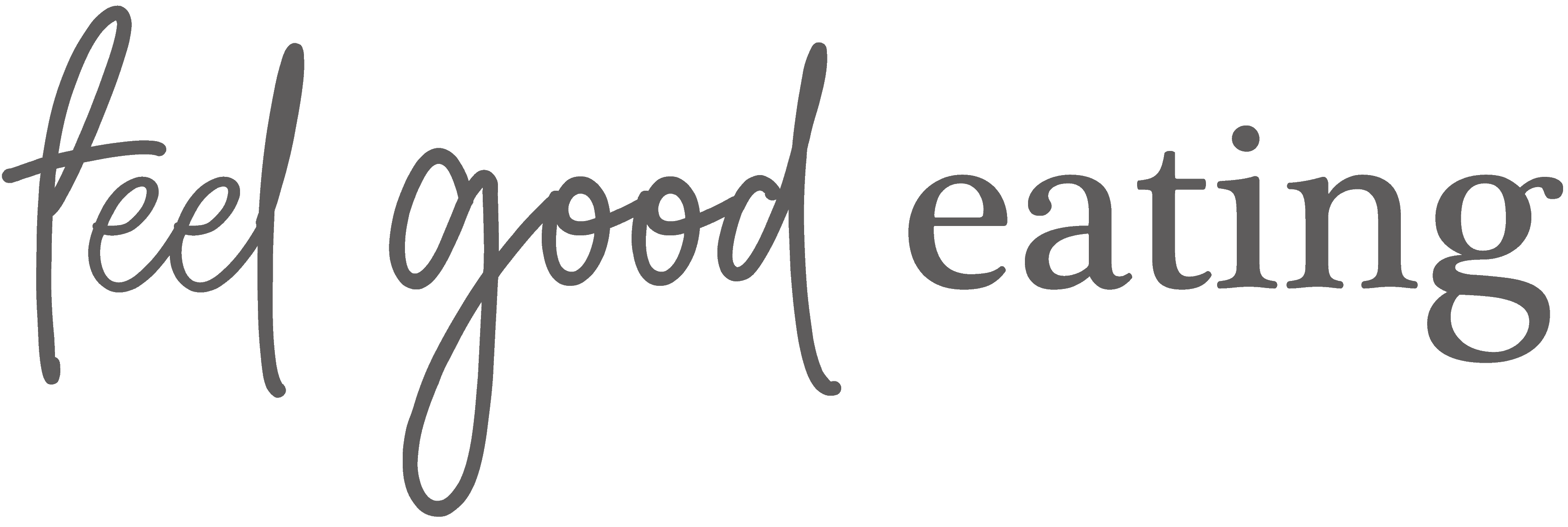

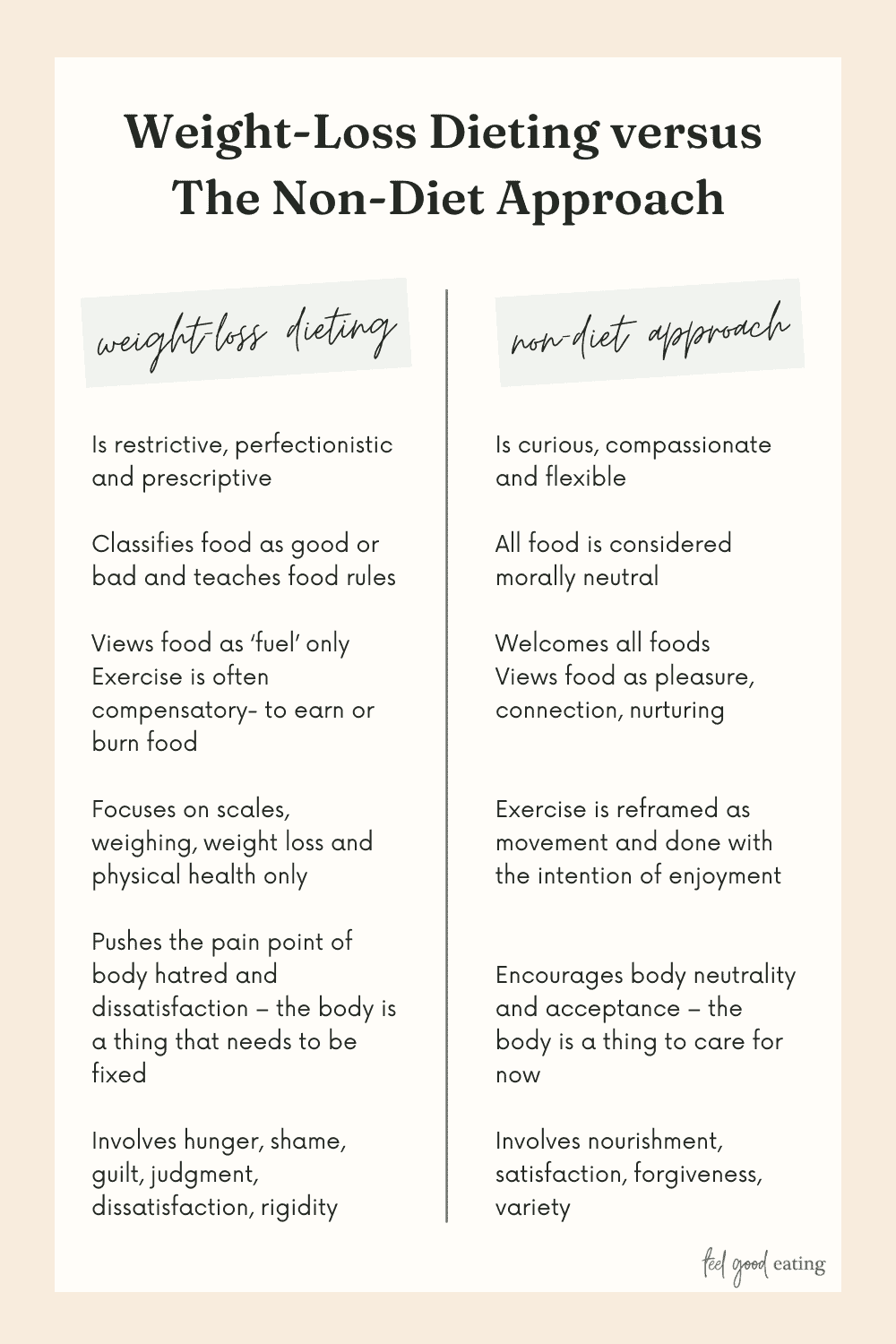
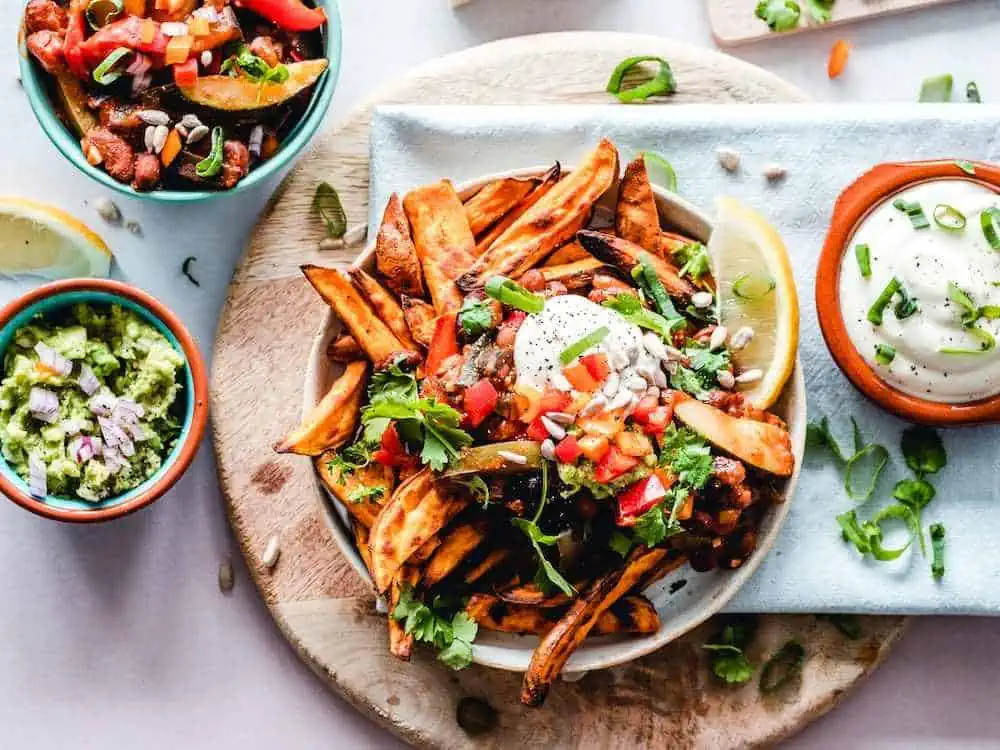
 Hi! My name is Nina.
I’m a Certified Intuitive Eating Counsellor taking the ‘diet’ out of Dietitian. I am here to help you reject diet culture, tune into your body’s own inner wisdom about how to truly nourish yourself and ultimately feel good eating™
Hi! My name is Nina.
I’m a Certified Intuitive Eating Counsellor taking the ‘diet’ out of Dietitian. I am here to help you reject diet culture, tune into your body’s own inner wisdom about how to truly nourish yourself and ultimately feel good eating™ 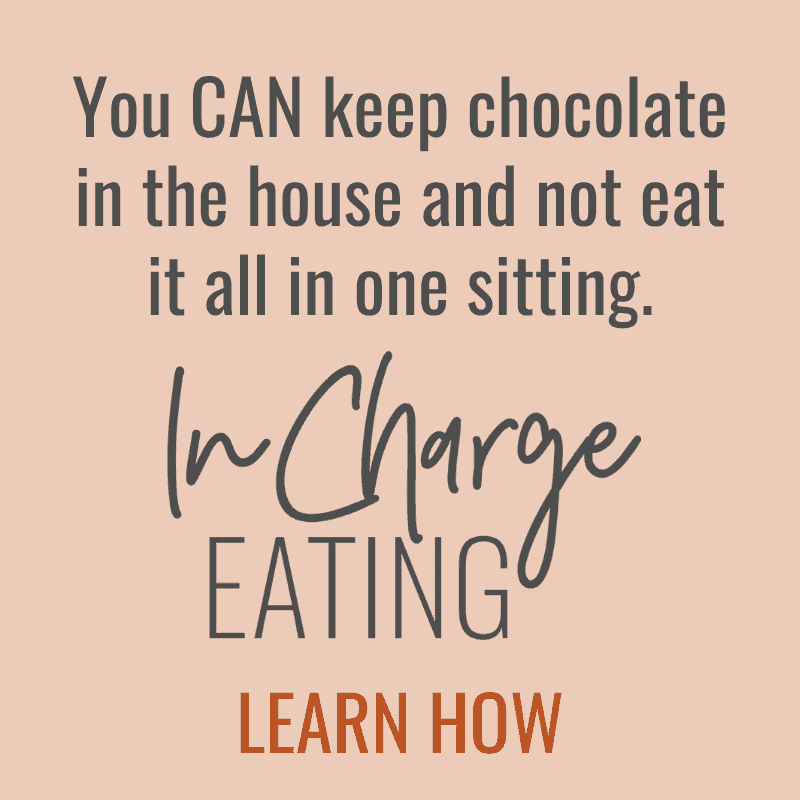
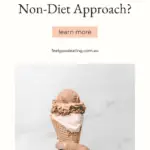
Great explanation of what is meant by a “non-diet” approach. I see the term (along with weight neutral and intuitive eating) being used outside of this context and it’s confusing. Many feel a non-diet approach is the same as letting yourself go or giving up and quite the opposite – it’s got health and well being in mind, but takes the emphasis off of weight!
Thank you Cara! It is quite frustrating when the non-diet approach, HAES and intuitive eating are used incorrectly. So, hopefully, this article helps to clear up some of that confusion.
Nina,
I love how you’ve explained the non-diet approach here.
I teach these principles in my programs and have managed to switch the diet mentality in the women that come to me, it’s very rewarding.
Keep up the great work!
Thanks Isabella.
I met my dietician today and she sent me this link. Reading this article makes me feel hopeful and excited about the journey ahead with this new paradigm. Thank you for sharing.
I’m so glad you found it helpful – enjoy the process!
Thanks Nina! I always love reading your words on all things non-diet approach. BW, Shannon